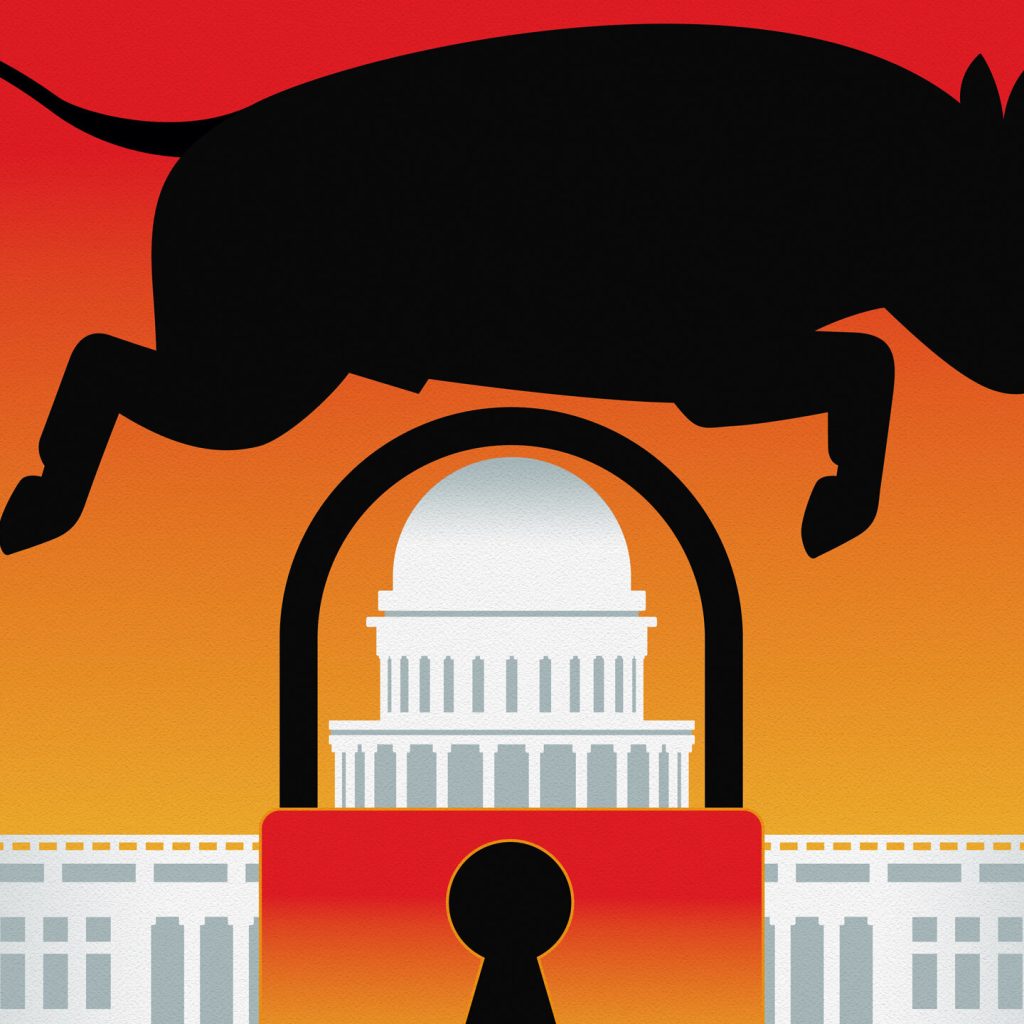China’s “Wolf Warrior” Diplomacy Resurfaces with Threat to Japan’s Prime Minister
Escalating Rhetoric from Beijing
In a stark departure from the more restrained tone that China attempted to adopt in recent diplomatic exchanges, a senior Chinese ambassador publicly demanded that Japan’s prime minister be “cut off at the filthy head.” The incendiary remark, delivered during a press briefing in Tokyo, has reignited concerns over the resurgence of China’s aggressive “Wolf Warrior” diplomatic style.
Background of the Controversy
Relations between Beijing and Tokyo have been strained for months over a series of issues, including disputes in the East China Sea, differing views on regional security, and Japan’s recent moves to strengthen its alliance with the United States. The latest outburst follows a series of sharp statements from Chinese officials accusing Japan of “interfering in China’s internal affairs” and “provoking regional instability.”
The Diplomatic Fallout
Japanese officials condemned the ambassador’s language as “unacceptable” and “dangerously inflammatory.” Prime Minister Fumio Kishida responded by calling for “calm, constructive dialogue” and urged China to “respect the sovereignty and dignity of all nations.” The Japanese Foreign Ministry announced that it would summon the Chinese ambassador for a formal protest and consider additional diplomatic measures if the rhetoric continues.
International Reactions
Allies of Japan, including the United States and Australia, expressed “deep concern” over the escalation. A spokesperson for the U.S. State Department emphasized that “aggressive rhetoric undermines regional stability and does not serve the interests of any party.” Meanwhile, analysts note that the episode reflects a broader trend in Chinese foreign policy, where officials are increasingly using confrontational language to assert Beijing’s interests.
Implications for Regional Security
Experts warn that the revival of “Wolf Warrior” tactics could exacerbate existing tensions in the Indo‑Pacific. Dr. Yuki Tanaka, a senior fellow at the Institute for East Asian Studies, cautioned that “such hostile statements risk sparking a cycle of retaliation that could destabilize the entire region.” The situation underscores the delicate balance that regional powers must maintain amid competing strategic objectives.
Looking Ahead
Both governments have indicated a willingness to return to the negotiating table, but the recent verbal assault suggests that any progress will require careful diplomatic navigation. As the two nations grapple with their differences, the international community watches closely, hoping that cooler heads will prevail and prevent further escalation.





